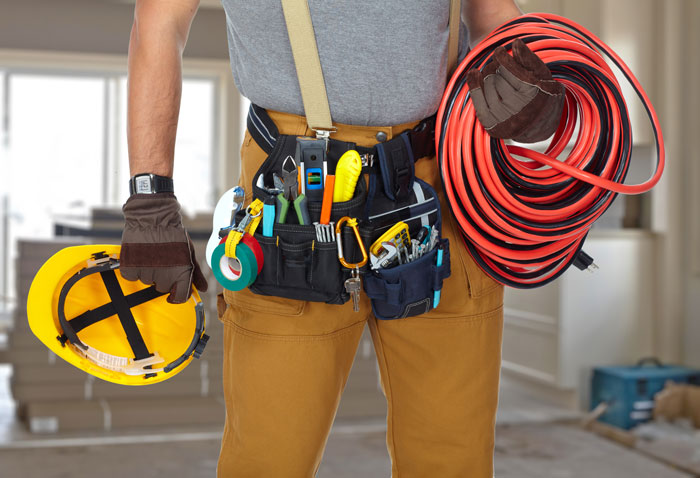Welcome to Stevens & Black Electrical Contractors Ltd.
Empowering Innovation:
Your Partner in Electrical Contracting Excellence

About Us
Stevens & Black emerges as a pinnacle of electrical contracting excellence. Serving diverse sectors, including government agencies and high-security environments such as Toronto Pearson International Airport, we bring unmatched precision and professionalism. We are more than just an electrical contractor—we are your strategic partners, ensuring each project reflects our deep commitment to innovation, quality, security, and safety.
Why Trust Stevens & Black Electrical Contractors Ltd.
- Proven Track Record: Our legacy showcases decades of excellence and continuous growth in the electrical industry.
- Certified Expertise: Our team is comprised of certified professionals continually trained and updated with the latest electrical codes and regulations.
- High-Profile Projects: Our portfolio includes work for prestigious clients with sensitive project needs, demonstrating our capability to handle complex tasks.
- Accolades and Recognition: As a COR® certified electrical contractor, we have been recognized with awards like the Eye on Safety Recognition, underlining our commitment to excellence and safety.
- Customer Testimonials: Our work is portrayed by positive feedback from numerous satisfied clients, reflecting our dedication to client satisfaction.
24/7 Emergency Electrical Response
At Stevens & Black, our commitment isn’t bound by the clock. We operate round the clock, ensuring availability whenever you need us.
Emergencies or concerns? We respond to our service calls within an hour or less
Overview of Our Services

Electrical Services
We provide extensive electrical services, including renovations, retrofit upgrades, and regular maintenance. Our expertise in power distribution and life safety systems guarantees efficiency and reliability. Additionally, our team stays abreast of emerging technologies, ensuring that your electrical systems are current and future-proof.

Structured and Communication Cabling
Our team excels in installing structured cabling systems, ensuring robust and scalable communication infrastructures. We also offer customized cabling solutions tailored to meet the specific needs of your business, providing optimal performance and connectivity.

Fire, Security, and Life Safety Services
We offer comprehensive fire detection, security systems, and life safety services, employing the latest technologies for maximum effectiveness. Our holistic approach integrates these systems seamlessly, offering enhanced protection and peace of mind for your facility.

Health and Safety Management
Our unyielding commitment to health and safety is evident in our rigorous training, regular site audits, and adherence to strict safety policies, reflecting our dedication to COR® Certification and practices. This commitment extends to environmental stewardship, ensuring our operations and services adhere to eco-friendly practices and contribute to sustainable development.
Client Focused Approach
- Collaborative Project Management: We work closely with our clients, ensuring every project step is aligned with their vision, completed safely, on schedule, and within budget.
- Tailored Solutions: Understanding that every project is unique, we provide customized solutions that meet each client's specific needs.
- Ongoing Support and Maintenance: Our relationship with clients extends beyond project completion, offering comprehensive support and maintenance.
Our Projects
Our Affiliates






Our Partners









